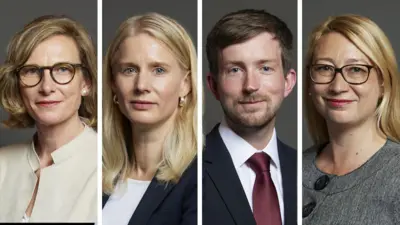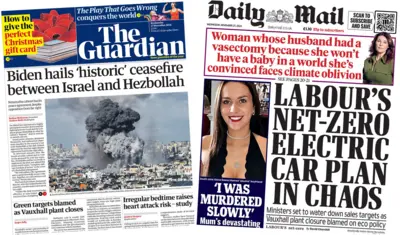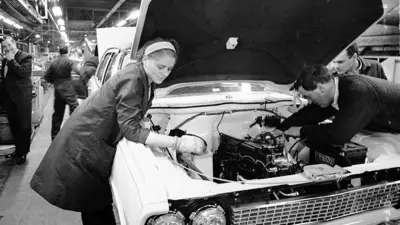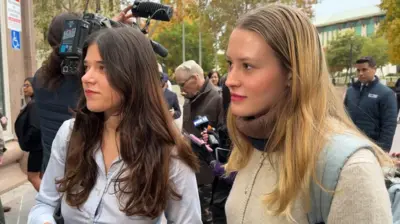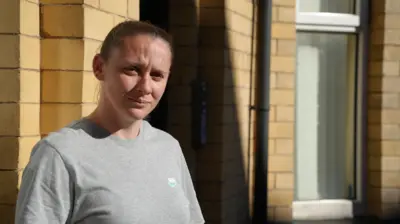We've updated our Privacy and Cookies Policy
We've made some important changes to our Privacy and Cookies Policy and we want you to know what this means for you and your data.
Scottish elections could move to every five years
Image source, Getty Images
Top Stories
- Author, Jamie McIvor
- Role, │╔╚╦┐ý╩Í Scotland local government correspondent
Elections to the Scottish Parliament and councils could routinely take place every five years instead of four, under a newly-published bill.
The Scottish government proposals would permanently extend the time between votes.
This builds on one-off arrangements put in place specifically to avoid clashes.
The next Holyrood election would still take place in 2021 under the plan, with councillors in all 32 local authorities elected in 2022.
But the next elections would then be scheduled for 2026 and 2027 respectively.
Top Stories
The Scottish Elections (Reform) Bill proposes a series of reforms which would have a number of practical effects.
These would include a five-year gap between Scottish elections and a five-year gap between council elections.
Pattern broken
Top Stories
In practice, this would mean that council elections would take place the year after a Holyrood election.
When the Scottish Parliament was established in 1999, the plan was to hold elections every four years.
But the pattern was broken when the election which was due to take place in 2015 was delayed until 2016 to avoid a clash with the UK general election.
MSPs elected in 2016 and councillors elected in 2017 are serving five-year terms in order to avoid potential clashes.
Image source, Reuters
The expectation in 2016 was that a UK general election would be held in May 2020, in line with the Fixed Term Parliaments Act.
Council elections were, in turn, delayed so they would not clash with the 2021 Holyrood vote.
Between 1999 and 2007, council elections were held on the same day as elections to Holyrood. The thinking was that this could encourage more people to vote in local elections.
However, some in local government became concerned that the local elections were being completely overshadowed by the Holyrood campaign so the two were "decoupled".
Michael Russell, government business and constitutional relations secretary, said the bill "invites debate over how Scotland runs its local and national elections".
'Critical areas'
He added: "The proposal to extend parliamentary and council terms to five years is fully intended to prompt discussion and investigation - it is my hope that we can find a robust consensus on the issue.
"It also provides a basis on which the Standards, Procedures and Public Appointments Committee can take evidence.
"Overall the bill, using powers under the Scotland Act 2016, will make a range of substantial improvements to critical areas of our civic and national life."
Other measures in the bill include:
- Enabling all 14-year-olds to register ahead of attaining voting age. Currently, 16-year-olds are able to vote in Scottish and council elections but not in UK general elections.
- Prohibiting people from voting in more than one area in local elections - mirroring the law in Scottish and UK Parliament elections.
- Giving the Local Government Boundary Commission for Scotland - to be renamed Boundaries Scotland - more flexibility in reviewing boundaries, and a greater role for the Scottish Parliament in considering its recommendations.
Top Stories
More to explore
Most read
Content is not available

